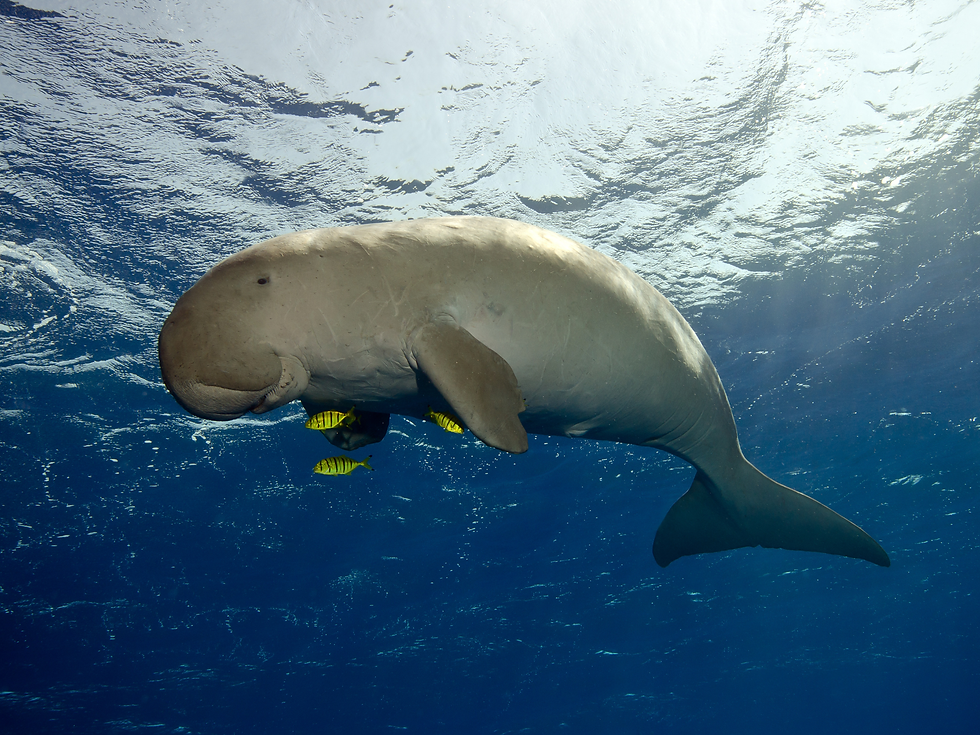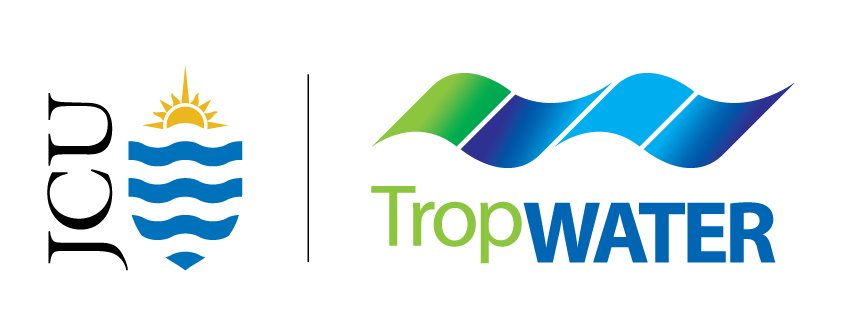TropWATER leads new assessment of global dugong populations
- Oct 17, 2025
- 2 min read

JCU TropWATER researchers have led the most comprehensive look at the world’s dugong populations in over 20 years – revealing where more work is urgently needed.
Released this week, the Global Assessment of Dugong Status and Conservation provides a snapshot of what is currently known about this vulnerable species across the waters of more than 40 countries and territories.
TropWATER’s Professor Helene Marsh, the lead editor of the report, emphasised the variation in the status and conservation needs of dugongs across their range.
“There are apparently stable dugong populations in some parts of Australia and the Arabian Gulf but critically endangered populations in some other regions, so their needs are very different,” Professor Marsh said. “Genetic diversity also varies – even between stable groups – with the higher diversity in Australia associated with greater resilience to environmental changes.”
The report found similar variation in local threats to dugong lives and reproduction – although some pressures may be felt worldwide. Habitat loss and degradation were found to be increasing across the entire dugong range, worsened by coastal development and climate change.
“The loss of seagrass meadow habitats can lead dugongs to starve, particularly in isolated populations where they have no other meadows to turn to,” Professor Marsh said.
As seagrass is the main food source for dugongs, the report calls for urgent seagrass mapping in all regions, particularly the Red Sea, Asia, and Pacific islands. TropWATER researcher Dr Len McKenzie found that over 80% of seagrass that has been mapped in the dugong’s range is in Australia, and that some isolated islands have too little seagrass to support robust dugong populations.
“A significant amount of dugong research has been done in Australia, and there is still more work to be done,” Professor Marsh said.
“The global dugong research community needs to work together to develop new techniques and refine monitoring methods than can then be used to help conserve dugong populations around the world.”
TropWATER is actively collaborating with international researchers, including projects in Mozambique, New Caledonia, and the United Arab Emirates, to foster dugong research efforts worldwide.
The Global Assessment of Dugong Status and Conservation Needs was prepared for the Convention on the Conservation of Migratory Species of Wild Animals and features contributions from over 70 international experts, and is available online: https://dugong.cms.int/publication/global-assessment-dugong-status-and-conservation-needs

